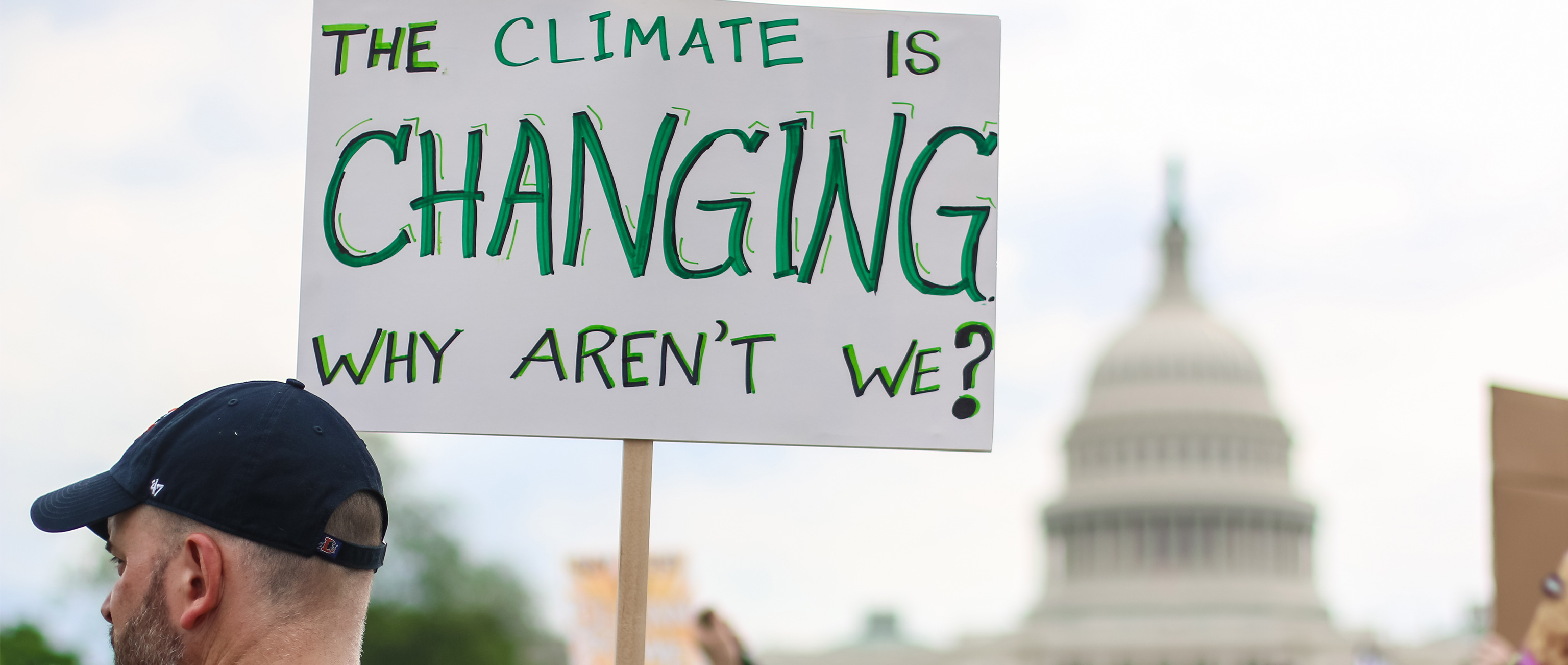States Charge Ahead on Climate Action
States leading the fight on the climate crisis in the U.S. are ratcheting up their ambition.
Governors across the country are rolling out sweeping new plans to slash greenhouse gas emissions, transition to clean electric vehicles, and create vibrant low-carbon economies–along with thousands of long-lasting jobs.
As states tackle the challenges of a global pandemic, a necessary reckoning on racial injustices and a struggling economy, these forward-thinking initiatives from governors show that they and the citizens who voted them into office recognize the power and importance of climate action. This includes major U.S. companies and investors who continue to raise their voices on the importance of making climate solutions the hallmark of strategies for rebuilding our economy and improving public health.
The continued momentum on climate-smart policies—and support from business leaders in the Ceres BICEP Network and beyond—in states across the country offers a playbook for other policymakers.
Spurring demand for electric vehicles
Over the summer, 15 states and D.C. pledged to work collectively to make at least 30 percent of all new medium- and heavy-duty vehicles zero-emission vehicles by 2030, forming the largest multi-state collaboration on clean transportation in the nation. The group is now developing an action plan and working with stakeholders to make this pledge a reality.
A bold step by California Governor Gavin Newsom added even more momentum to the efforts states are making to aggressively expand the market for clean electric vehicles. With his state reeling from record-setting wildfires, Newsom declared it was time for an audacious move to help decarbonize the state and issued a sweeping executive order calling for all new passenger vehicle sales to be electric vehicles by 2035. Under Newsom’s order, the California Air Resources Board (CARB) would implement the phase-out of new gas-powered cars and passenger trucks and require medium and heavy-duty trucks to be zero-emission by 2045, where possible.
This order will help California tackle transportation emissions, its largest source of greenhouse gas emissions. California is now the first state to set a timeline for requiring 100 percent zero-emission vehicle sales and will help the state to stake out a share of the growing electric vehicle manufacturing market.
Improving public health
States in the Northeast and Mid-Atlantic, along with the District of Columbia, continue to move forward with the Transportation and Climate Initiative (TCI)—a regional effort to limit emissions from the transportation sector and invest in clean transportation solutions. The effort is a powerful opportunity for governors to reduce greenhouse gas emissions, expand public transit and walking and biking infrastructure, and invest in underserved and overburdened communities to help alleviate the historical inequities of transportation pollution.
Earlier this month, Harvard’s T.H. Chan School of Public Health released preliminary findings on the potential air quality and health benefits of TCI, which showed that as many as 1,000 deaths and nearly 5,000 asthma cases could be avoided per year in 2032. The study also found that TCI would modestly reduce inequalities in air pollution exposure by race and ethnicity, although additional policies will be needed to address racial inequalities when it comes to exposure to air pollution.
As governors prepare to finalize the memorandum of understanding for the initiative, states must commit to invest in communities that are underserved and overburdened by pollution and engage with local communities about how the program can best do so.
Living up to the Paris Agreement
With the U.S. set to withdraw from the Paris Agreement a day after the election, states are taking on the responsibility to meet the goals of the agreement with bold new goals and actions plans released this fall.
Michigan Governor Gretchen Whitmer stepped up with a much anticipated climate executive order to achieve statewide carbon neutrality by 2050. Whitmer has the support of major businesses in Michigan, including General Mills, Johnson Controls, Kellogg’s and others, for statewide strategies to mitigate climate change. Environmental justice advocates also applauded the announcements while pushing the state to accelerate its timeline for phasing out carbon emissions.
Colorado Governor Jared Polis made his own exciting announcement with the release of a GHG Emissions roadmap that outlines pathways for how the state can achieve its 90 percent emissions reduction by 2050. The Administration is now soliciting input as they prepare to roll up their sleeves and make this vision a reality.
Fighting back
In September, Governor Tom Wolf of Pennsylvania stood strong in his effort to join the Regional Greenhouse Gas Initiative (RGGI) by vetoing a bill that would have blocked the state from taking part in the program. RGGI is a powerful power sector emissions reduction program that has been critical in driving U.S. momentum on reducing emissions. Participating states have slashed emissions in half while their economics continue to grow. That is why a coalition of companies and higher education institutions employing more than 20,000 Pennsylvanians, including Albright College, DSM, Haverford College and Nestle, spoke out to reiterate their continued support for Pennsylvania to join.
The flurry of action this summer and fall from all corners of the country shows just how committed state leaders are to doing what it takes to when it comes to the climate crisis. But that’s not all: it’s important to note that, rather than simply acting based on threats—though they are happening here and now, from the California wildfires to the Michigan floods this spring—every governor making commitments right now is talking loud and clear about the huge opportunities climate-smart solutions will unlock for their states and their citizens.
Want more stories of transformational change on the world’s most pressing problems? Sign up for Skoll Foundation’s monthly newsletter.



